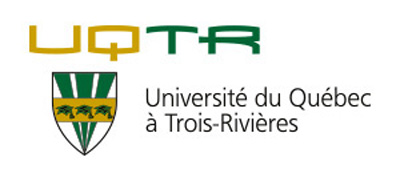Related projects
Discover more projects across a range of sectors and discipline — from AI to cleantech to social innovation.
Mitacs brings innovation to more people in more places across Canada and around the world.
Learn MoreWe work closely with businesses, researchers, and governments to create new pathways to innovation.
Learn MoreNo matter the size of your budget or scope of your research, Mitacs can help you turn ideas into impact.
Learn MoreThe Mitacs Entrepreneur Awards and the Mitacs Awards celebrate inspiring entrepreneurs and innovators who are galvanizing cutting-edge research across Canada.
Learn MoreDiscover the people, the ideas, the projects, and the partnerships that are making news, and creating meaningful impact across the Canadian innovation ecosystem.
Learn MorePulp and paper mill sludge (PPMS) is the main organic residual generated from the wastewater treatment of the pulp and paper industry. In Quebecs province, an annual amount of 400 000 tons of PPMS are landfilled. Pilot scale measurements in 2013-2014 indicated that greenhouse gas (GHG) emissions from landfilling were the highest compared to agricultural or energy uses. This project aims to (1) quantify the GHG emissions from PPMS landfilling, at the industrial scale, and (2) define the bases that will be used for building a new offset credit protocol promoting an alternative management, diverting PPMS from landfilling. The alternative PPMS management would allow paper mills to exchange offset credits in the carbon market, representing a minimum annual gain of 1 M$. This gain could be higher based the carbon price trends. Offset credits could also be used to respect the carbon cap fixed by the government, being economically attractive.
Claude Villeneuve
Patrick Faubert
Forestry
Environmental industry
Elevate
Discover more projects across a range of sectors and discipline — from AI to cleantech to social innovation.
Find the perfect opportunity to put your academic skills and knowledge into practice!
Find ProjectsThe strong support from governments across Canada, international partners, universities, colleges, companies, and community organizations has enabled Mitacs to focus on the core idea that talent and partnerships power innovation — and innovation creates a better future.













































































































































































































































































































